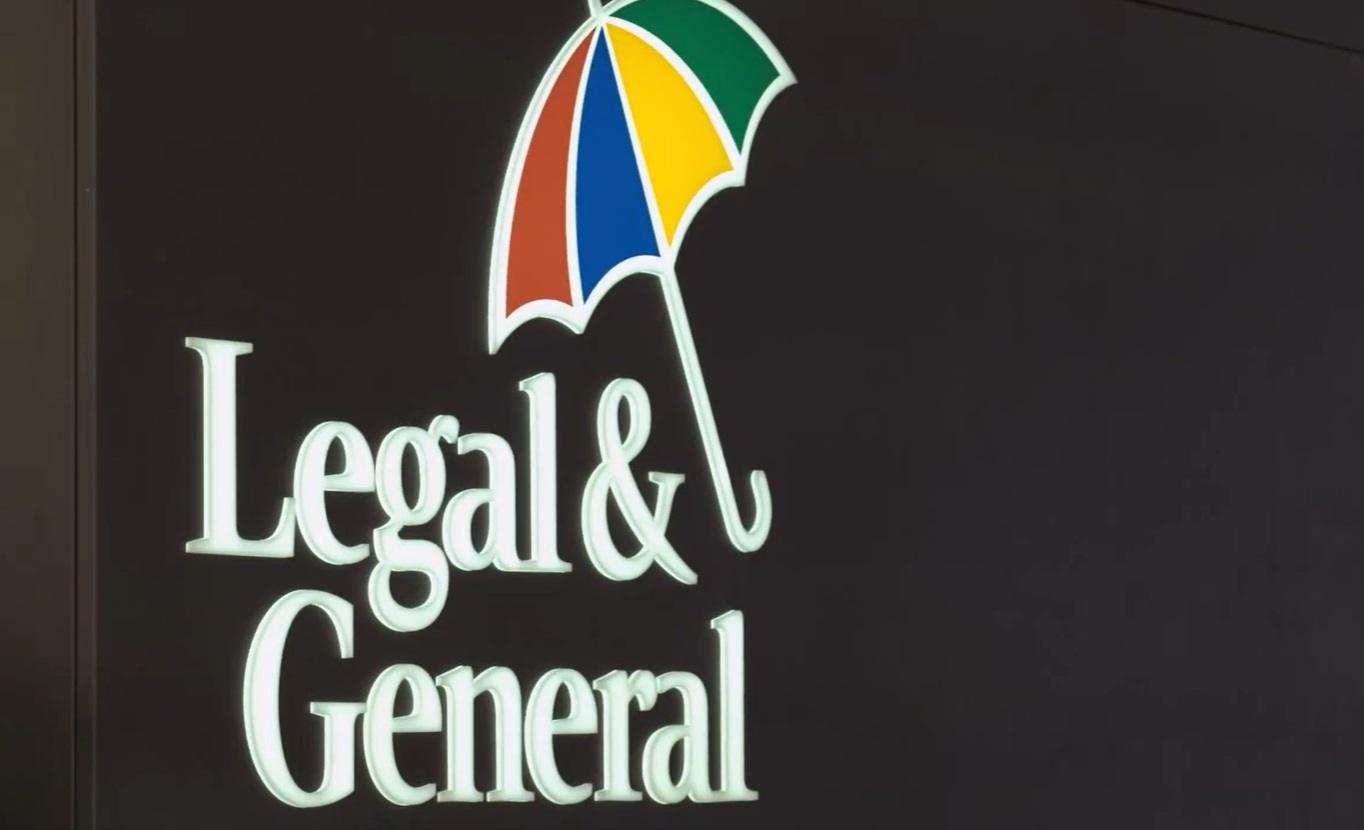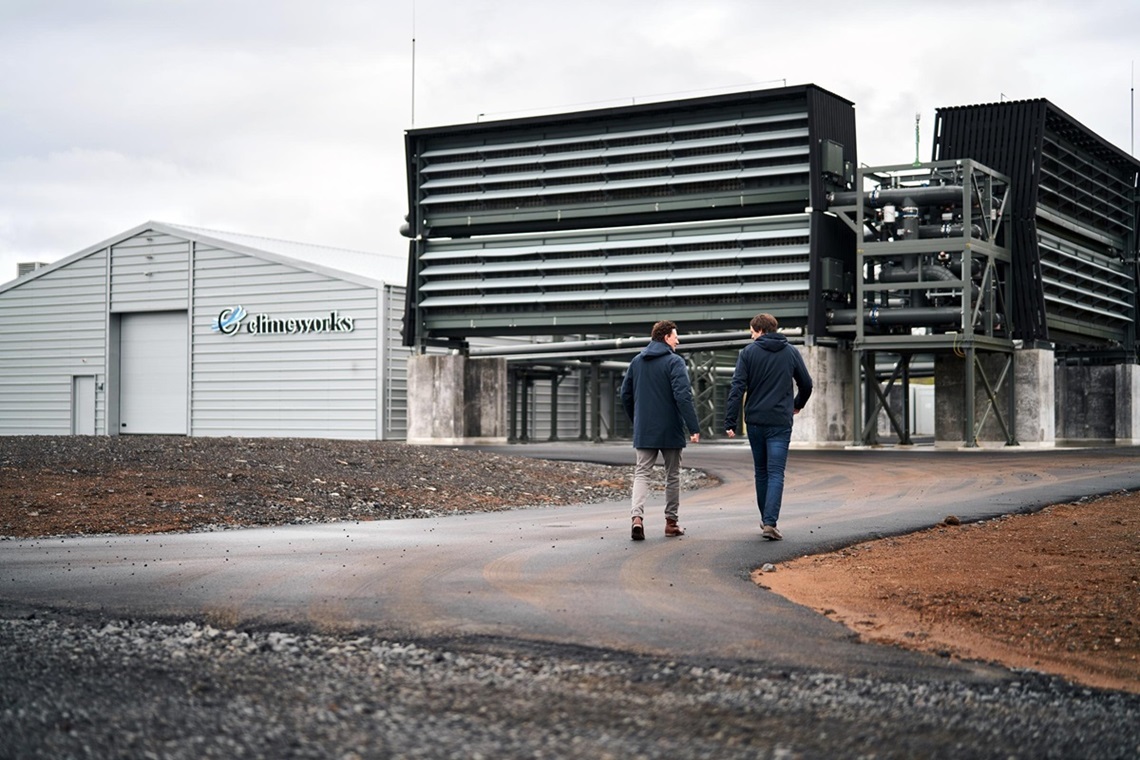Australia’s First State Super the Latest Fund to Dump Thermal Coal
Fresh off its completion of the VicSuper merger last week, Australian superannuation fund First State Super announced a series of significant climate actions today, including divestment from thermal coal. Specifically, the fund intends to divest from any company that derives more than 10% of revenues from thermal coal mining from October 2020.
The announcement by the $120 billion manager marks the latest such moves among major investors. Most famously, BlackRock announced in January that it would divest from any firm generating more than 25% of revenue from thermal coal in its active portfolios.
First State Super made the announcement as part of a series of climate actions and commitments outlined today, and a broader call by CEO Deanne Stewart to Australia’s superannuation sector to take bold and decisive action to respond to the risks of climate change and protect the long-term interests of their members.
The actions announced today by First State Super include:
- A minimum 30% reduction in emissions in First State Super’s listed equities portfolio by 2023 which will also incorporate the introduction of a new low-carbon index
- An ongoing review of the Fund’s energy portfolio mix to mitigate the potential for stranded assets
- Fund-wide targets for investments in renewable energy and new technologies
- Continued engagement with companies around their individual emission reduction targets and plans
- Setting emissions reduction targets and supporting First State Super’s directly owned companies to reduce their emissions
- Advocating and supporting an economy-wide 45% reduction in greenhouse gas emissions by 2030 and, is looking to replicate across our portfolio in the same timeframe.
Ms. Stewart framed the climate push as part of funds’ fiduciary duties, explaining that climate change posed one of the most significant risks to Australians’ retirements savings, and that as long-term investors, it was critical super funds acted now to ensure they could provide their members with a better financial future.
Ms. Stewart said:
“It is essential that as a responsible owner super funds set strong, ambitious and transparent targets to deliver the kind of action we need now to prepare for a more prosperous and sustainable future.
“We have seen over the past 10 years significant volatility in value of thermal coal miners, and increasingly insurance companies are signally their intent to exit this sector in response to medium-term climate-related risks.
“Divestment from thermal coal mining is an important first step, but we recognise there is more to do; which is why we have committed to bold actions and real targets to shift the dial on climate change which will assist us to continue to deliver strong sustainable long-term returns to our members.”
Ms. Stewart added, “Some of these targets are ambitious but we need ambition and aspiration across our Fund, sector and economy if we are to limit the increase in global average temperature to below 2 degrees, in-line with the Paris Agreement.”
First State Super’s response to climate change is detailed in its Portfolio Transition Plan that was published today.
Commenting on the publication of the new plan, Ms. Stewart said:
“In 2015 we launched our Climate Change Adaptation Plan, which set out how we would respond to the challenges and opportunities of climate change to assist our members to achieve a better retirement.
“A lot has changed over the past five years, so our response needs to change also. The time for discussion and debate is over; we need to take the learnings of the past five years and drive meaningful action.”
First State Super’s Chief Investment Officer, Damian Graham highlighted some of the investments and progress the fund has already made:
“Last year we took a one-third stake in the $1.1 billion South Australian wind farm, Snowtown 2; and have recently completed investments in a world-leading tyre recycling organisation, as well as a bottle-to-bottle recycling business, and are actively investigating other innovative opportunities.
“These are just some examples of the innovation and new technology that is emerging every day to support our transition to a low-carbon economy.
“We believe renewable energy and new technology investments will deliver for our members and community in the long-term, so are developing annual targets to increase our commitment in these area.
“Over the past five years we have also delivered a comprehensive engagement strategy both individually and as part of collaborative initiatives such as Climate Action 100+.
“Through this engagement we have achieved positive, lasting results and worked closely with companies to better understand and influence how they are preparing to transition to a low-carbon economy while ensuring the communities in which they operate are supported through this change.
“Engagement programs such as this remain critical to achieving the kind of action that we need now to strong and sustainable economy and prosperous future.”





